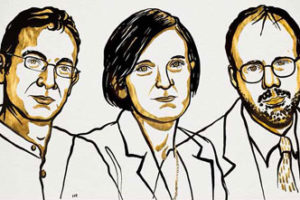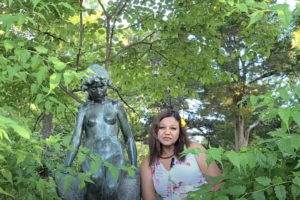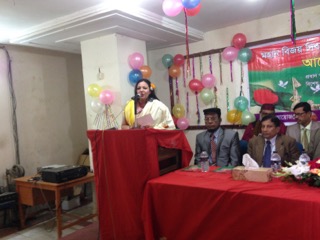The BBC’s most powerful man will step down in six months to allow a new person to lead negotiations with Prime Minister Boris Johnson’s government over a new financing model for the publicly funded broadcaster.
BBC Director General Tony Hall said he will step down in the summer, ahead of a mid-point review of the broadcaster’s charter in 2022 and a negotiation of a new deal when it expires in 2027.
Johnson has cast doubt on the 98-year-old corporation’s future by questioning if it should continue to be supported by an annual fee paid by all viewing households regardless of how much they use its services.
Hall, who was appointed director general in 2012, said one leader should oversee both stages of the negotiation.
“It must be right that the BBC has one person to lead it through both stages,” Hall, 68, said in an email to staff.
“As our country enters its next chapter it needs a strong BBC, a BBC that can champion the nation’s creativity at home and abroad, and help play its part in bringing the UK together.”
The BBC is Britain’s biggest news provider, as well as the biggest single television and radio broadcaster and the voice of Britain to millions around the world.
It is funded by what is in effect a 154.50-pound ($198) annual “license fee” tax on all television-watching households, has a central presence in British cultural life, with its TV, radio and online content reaching 92% of the population.
Hall, previously the head of the Royal Opera, had a remit to restore public faith in the corporation after a historic sex abuse scandal.
Since then, he has clashed with the government over funding and the BBC has faced accusations of political bias from both the government and the opposition Labour Party.
In a statement on Monday, he defended the BBC, saying its values had never been more relevant to the society we live in.
“In an era of fake news, we remain the gold standard of impartiality and truth. What the BBC is, and what it stands for, is precious for this country. We ignore that at our peril.”





















